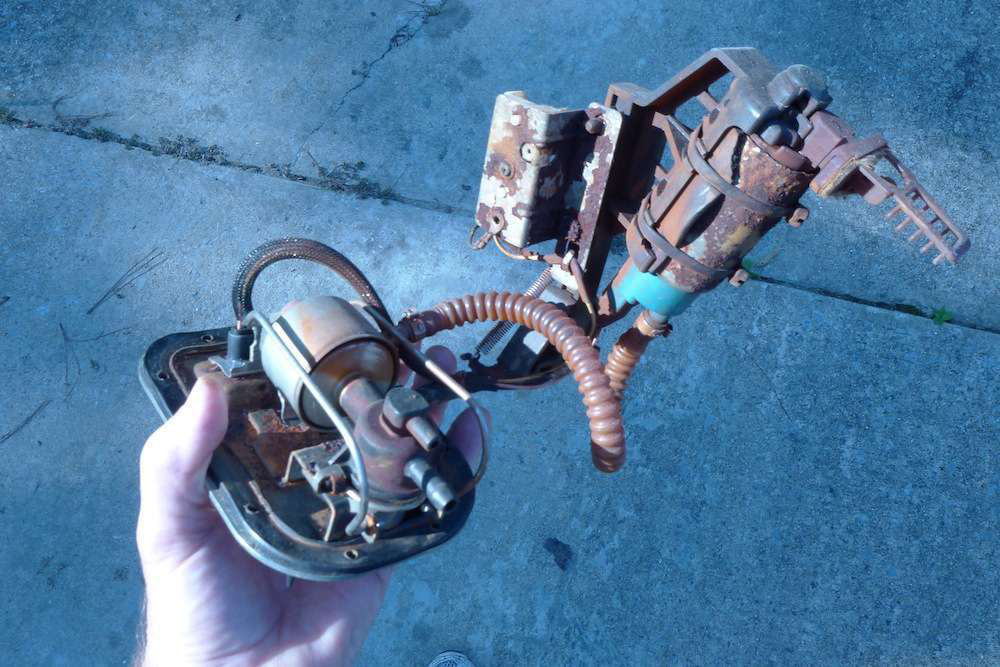Chào các cụ. Em xin phép trích và bàn thêm chút về xăng không chì Vs xăng pha Ethanol (E5/E10)
Nguồn đây
https://www.carsguide.com.au/car-reviews/unleaded-vs-e10-the-comparison-test-29451
http://biofuelsassociation.com.au/biofuels/ethanol/ethanol-octane-and-corrosion/
https://www.equipmentworld.com/e-10-alive-the-corrosive-damage-ethanol-gasoline-does-to-your-fuel-pump/
Em xin trích và lược dịch vài ý chính
* Xăng pha ethanol giảm thải CO2
* Ethanol được coi là nguyên nhân làm ăn mòn động cơ. Hiện giờ Ethanol được bán ở Úc theo luật phải có chất ức chế làm mòn động cơ.
* E10 cho tỉ số nén tốt nhưng hao hơn vì không tạo nhiều năng lượng (như xăng ko chì) và thường hao hơn 1-3.5%
* Vi khuẩn
Acetobacter cũng góp phần chuyển hóa Ethanol thành Acid Acetic làm mòn động cơ
Với các ý trên, điều em quan tâm nhất là xăng E5 đã có các phụ gia ức chế tác động ăn mòn động cơ của ethanol chưa? Em tin là chưa vì nếu có phải có tiêu chuẩn kỹ thuật về các phụ gia chống ăn mòn của ethanol.
Ko rõ các chuyên gia nói gì
Bơm xăng của một chiếc Harley chạy E10 xấu số.
ETHANOL
Ethanol is a type of alcohol. It is a renewable energy source and not as harmful to the environment as petroleum products. The US Environmental Protection Agency says one litre of ethanol reduces net emissions of COinf2 by over 90.9 per cent, so one litre of ethanol will save 2.11kg of COinf2.
Most cars built after 1986 can safely use petrol with ethanol added. In Australia, ethanol is made from sugar cane, red sorghum and the waste from starch production not from food sources.
In the past ethanol has been blamed for being corrosive. But these days the ethanol sold in Australia must by law contain a corrosion inhibitor. Check to see if your vehicle is able to
run ethanol blend fuel.
E10
E10 as its name suggests contains 10 per cent ethanol and has an octane rating of 94 or 95. It is fast becoming the default as standard unleaded becomes harder to find. In many cases it can be substituted for Premium in cars that require PULP.
E10 delivers a bit more zip than unleaded, but your car will consume E10 at a faster rate because it does not contain as much energy and generally increases consumption by 1-3.5 per cent.





